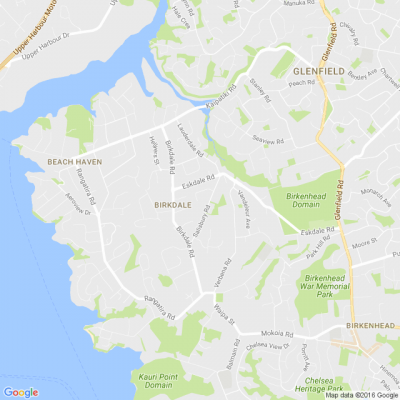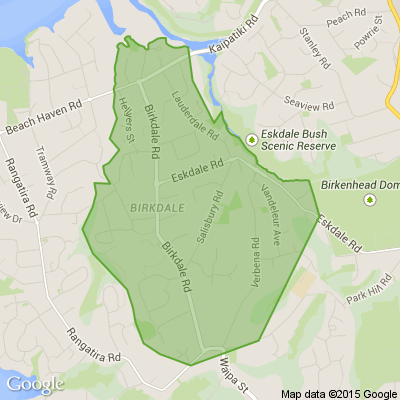Covid-19: Scammers ask for money, votes in exchange for coronavirus vaccine
Hi neighbours,
As the Covid-19 vaccine rolls out, watch out for scammers preying on the vulnerable.
Crown agency CERT NZ (the Computer Emergency Response Team) is warning the public to stay vigilant after it was notified of a series of different scams.
The con artists are requesting credit card and personal information in return for a Covid-19 vaccine.
The first scam involves a phone call advising that the vaccine is available for $49.99.
People are then prompted to enter their credit card details.
The other scam asks people to head to a website where people can ‘vote’ in order to be eligible for the vaccine.
CERT NZ advised people in both instances to hang up the phone and make a note of what number the call came from, as well as the time and date it happened.
“We are actively working to put a stop to these scams as quickly as possible,” the agency said.
If bank details have been provided then people should contact their bank immediately, it said.
Meanwhile, in another hoax, people claiming to be from the World Health Organisation are asking email recipients to donate to the Who Covid-19 response fund.
Tricksters have also been targeting people with coronavirus-themed phishing emails with infected attachments containing fictitious safety measures.
The link, supposed to contain health information, installs malicious software designed to steal personal information.
In another scam, victims are asked to fill in their email and password to access information about Covid-19.
Emails are also being sent demanding money from victims to avoid video footage being circulated of the recipients in compromising positions.
Newer variations of this con are threatening to spread coronavirus to family members if a ransom is unpaid.
Security researchers have identified a new campaign where the attackers claim to have a ‘coronavirus map’ application that people can download onto their devices.
In fact the application is malware designed to steal sensitive information such as passwords.
HOW TO PROTECT YOURSELF FROM COVID-19 SCAMS:
CERT NZ recommends anyone looking for COVID-19 information looks to their regular news sites and official government websites.
The organisation urges people to be sceptical of advice that did not come from official sources.
If you are unsure if a communication is from a legitimate source, do not click on the link or open the attachment.
Contact the organisation through their official contact channels to verify.
Protect your passwords and login credentials, don’t enter these into any websites relating to the COVID-19 virus.
Keep your devices up-to-date.
Keep your anti-virus up to date and run regular checks.
Report suspected malware or phishing attempts to CERT NZ.
Go to www.cert.govt.nz... for more information.
What workplace change would you like to see most?
This coming Monday is Labour Day in New Zealand. This public holiday marks when the eight-hour workday and 48-hour workweek became law in 1899. The idea started with Samuel Parnell, a carpenter in Wellington, who in 1840 refused to work more than eight hours a day. Since skilled workers were in short supply, his employer had to agree.
As more skilled workers arrived, employers tried to change working conditions, but Parnell and others kept pushing for better rights. In 1890, Parnell led a Labour Day parade of 1,500 people to promote the eight-hour day. He passed away shortly after, and nine years later, Labour Day became an official public holiday.
Do you feel that we have reached the ideal in working environments yet? What rights are you passionate about relating to employment? Share your thoughts!

Six tips for improving security around your home
1) Improve outdoor lighting
Ensure that streets, driveways, and front yards are well-lit. Motion-sensor lights around homes deter trespassers by reducing hiding spots and illuminating their movements.
2) Trim your trees
Overgrown shrubs and trees provide cover for intruders. Keeping them well-trimmed around windows and doors improves visibility and reduces potential hiding spots.
3) Secure Entry Points
Ensure doors, windows, and gates are always closed when you are away from the house. Upgrade to more secure locks, deadbolts, or even smart locks for added protection.
4) Add a security camera
Place security cameras in the main entry points to your home. Doorbell cameras are also relatively cheap and a great way to keep track of who is visiting your home when you aren't there.
5) Start a Neighborhood Watch Program
You could reach out to members on Neighbourly to form a group of neighbors who can regularly keep an eye out for suspicious activity and report it. You could also check with Neighbourhood Support to see what is existing in your area.
6) Introduce yourself to your neighbours
The closer you are to your neighbors, the more likely they’ll notice when something unusual or suspicious is happening around your property
Feel free to share anything that you do around your area to deter crime.

Poll: Does grocery bagging affect where you shop?
There's only a few differences between our larger chain supermarkets here in New Zealand. Having someone bag your groceries is one of them.
Does having your groceries packed for you at the checkout influence where you do your grocery shop? If so, tell us why.

-
24.1% Yes
-
75.1% No
-
0.7% Other - I'll share below









 Loading…
Loading…


















